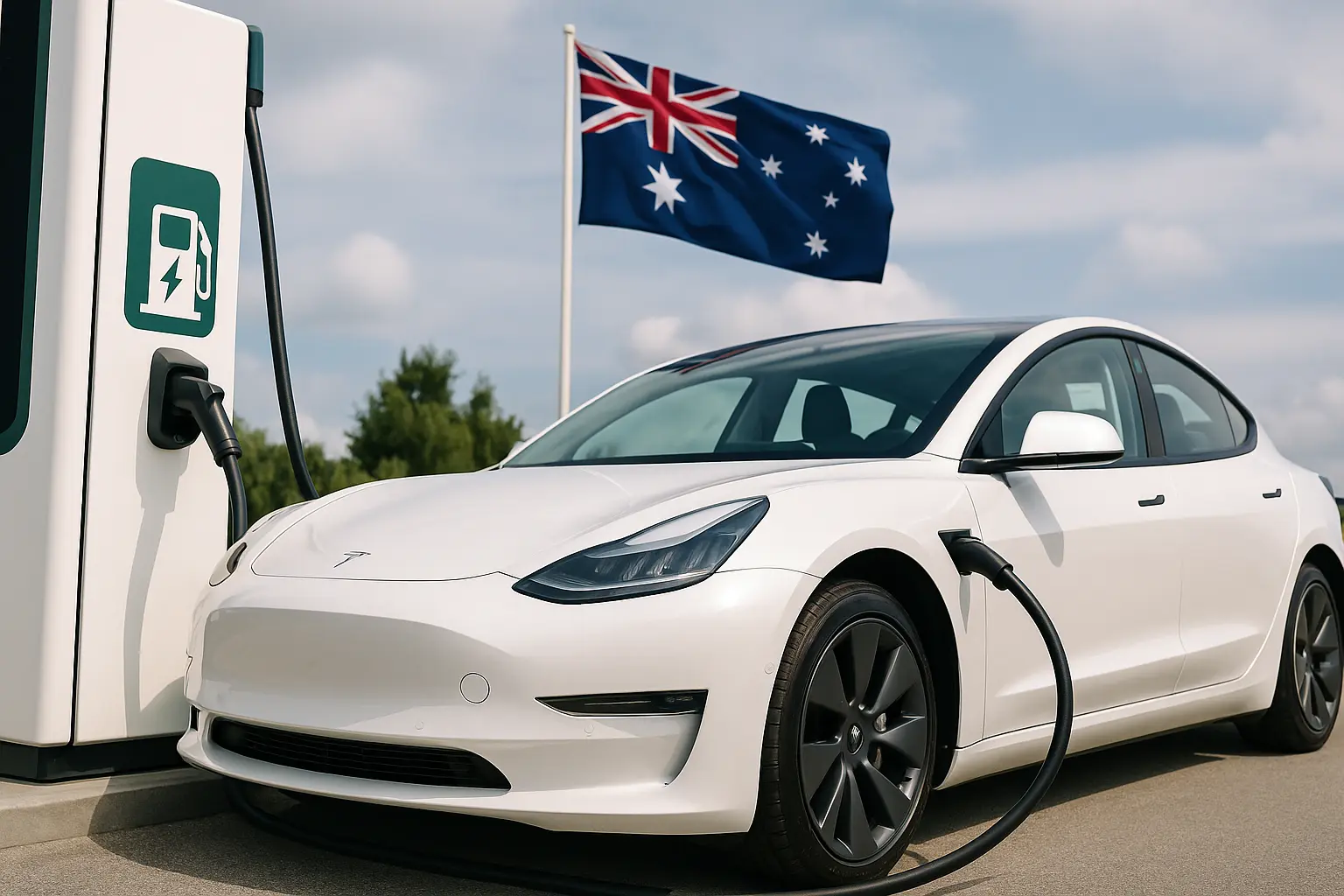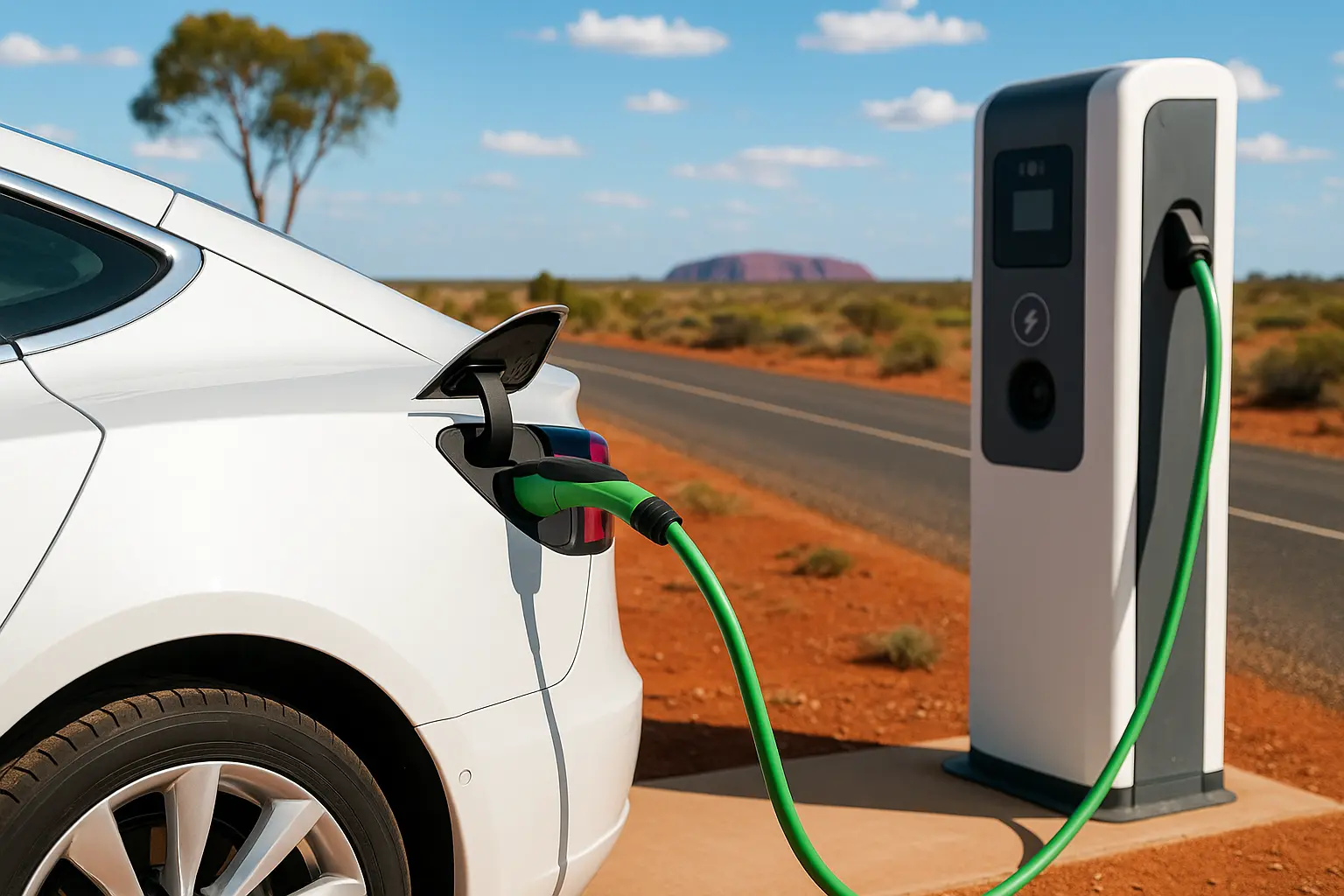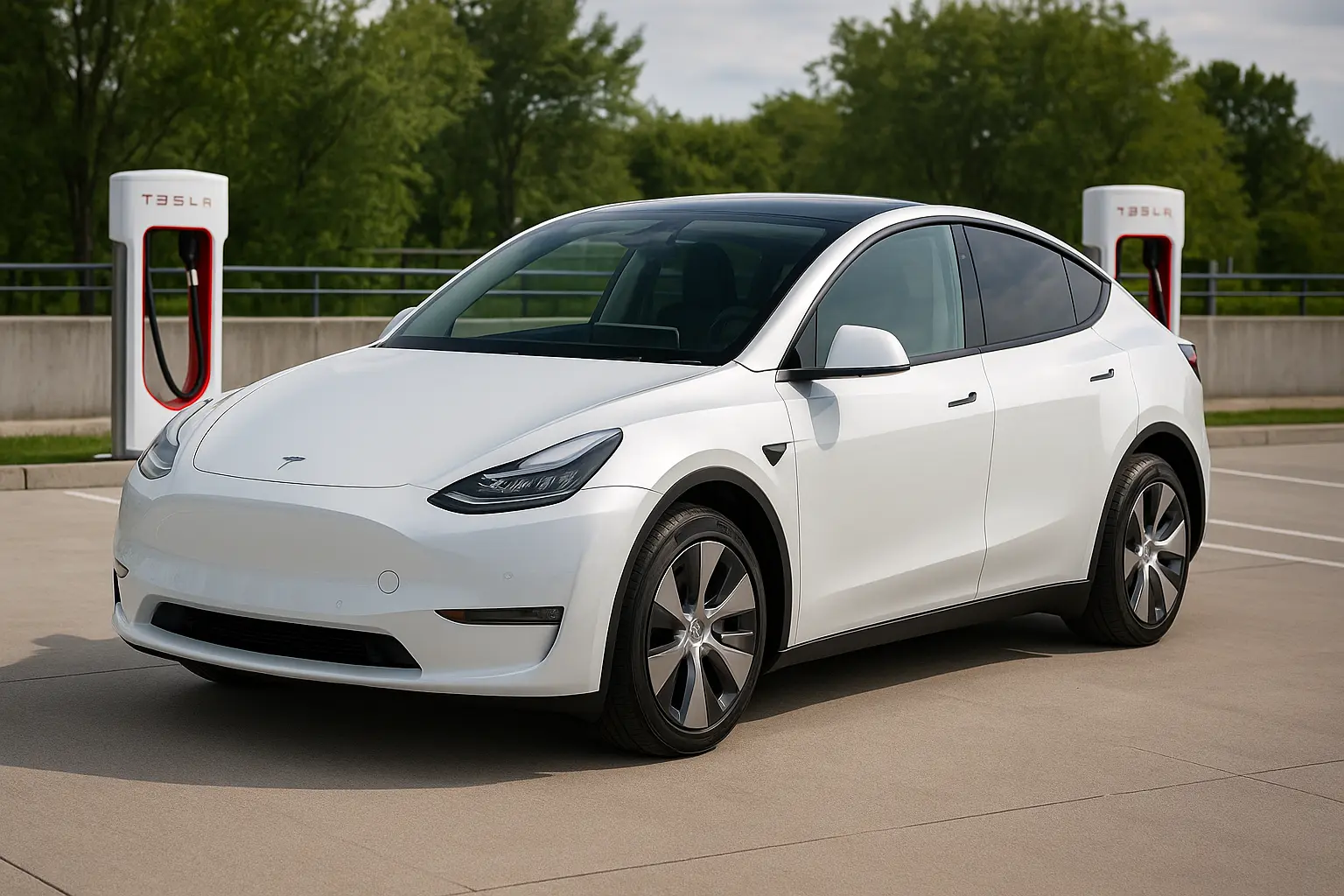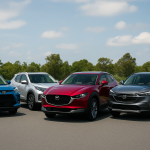How Australia’s Car Tax Policies Might Change After 2025 – Full Forecast for Drivers

As the Australian automotive landscape shifts rapidly towards electrification and sustainability, the government’s vehicle taxation and road levy system is under increasing scrutiny. With fuel excise revenues declining and EV adoption surging, the stage is set for a major overhaul of how car taxes are structured post-2025.
In this guide, we’ll break down:
- The current state of car tax in Australia
- Expected reforms after 2025
- The impact on petrol, diesel, hybrid, and electric vehicle owners
- What Aussie drivers need to prepare for
1. The Current Car Tax Landscape in Australia
Australia’s car tax system is complex, with multiple layers including:
1.1. Fuel Excise Tax
The federal government collects fuel excise, currently at 49.6 cents per litre (as of mid-2025). This tax funds road infrastructure. However, as EVs don’t use petrol or diesel, this model is becoming unsustainable.
1.2. Registration and Stamp Duty
Each state and territory applies different:
- Registration charges
- Stamp duty based on vehicle price, weight, or emissions
- Environmental levies (e.g., Victoria’s Luxury Vehicle Duty thresholds)
1.3. Fringe Benefits Tax (FBT)
FBT applies to vehicles provided by employers. Changes in EV exemptions under FBT (introduced in 2022) have accelerated business EV uptake.
1.4. Luxury Car Tax (LCT)
This 33% federal tax applies to vehicles above a threshold (around $91,000 for fuel-efficient cars in 2025). There’s ongoing debate about removing it.
2. Why Tax Reform Is Inevitable Post-2025
Several factors are pushing the federal and state governments to revisit car tax policies:
- EV Adoption: By 2025, EVs account for over 20% of new car sales. They don’t contribute to fuel excise, creating a revenue shortfall.
- Climate Commitments: Australia’s net-zero emissions targets are accelerating the shift to cleaner vehicles, influencing policy alignment.
- Inequity in Taxation: High-end EV buyers currently avoid fuel taxes, while lower-income petrol vehicle owners pay more per kilometre.
3. Possible Car Tax Changes After 2025
Let’s explore potential tax policy changes that could be implemented from late 2025 or early 2026:
3.1. Nationwide Road User Charges (RUCs)
Australia is considering a user-pays system where all drivers pay based on kilometres driven—regardless of fuel type.
- EVs: Already pay a per-kilometre RUC in Victoria (2.8c/km) and similar models are being proposed in NSW and SA.
- Hybrid Vehicles: Could fall under RUCs in future as they also consume less fuel and generate less excise.
- All Vehicles: Long-term plan might see RUCs replace fuel excise entirely.
Pros:
- Fairer for all fuel types
- Direct revenue collection for infrastructure
- Incentivises efficient use of roads
Cons:
- Harder to enforce
- Privacy concerns over tracking
- Potentially regressive on rural drivers
3.2. Emissions-Based Taxation Model
Like the EU, Australia may move towards emissions-based vehicle taxes where:
- High-emitting petrol/diesel cars pay more upfront or per year
- Low- or zero-emission cars receive ongoing incentives or reduced tax
This model could be introduced at:
- Stamp duty stage
- Annual registration renewal
3.3. EV-Specific Taxation Models
Some policies targeting EVs are under consideration:
- Gradual phase-out of EV subsidies by 2026–2027
- Minimum annual EV charge to replace lost excise
- Battery disposal or recycling levy in the long term
3.4. Luxury Car Tax Reform or Abolition
There’s strong industry and consumer pressure to either:
- Remove the LCT entirely (considered outdated), or
- Replace it with an emissions-linked luxury vehicle duty
Expect lobbying in 2026 during the federal budget reviews.
4. State-by-State Forecast: What’s Likely to Change
Let’s break it down by state and territory:
New South Wales (NSW)
- Delayed EV road user charge until 2027
- Possible stamp duty exemptions replaced with RUC or registration discounts
- Green car incentives could be phased out
Victoria
- RUC already applies to EVs and PHEVs
- Potential expansion to hybrids and eventually to petrol vehicles
- High chance of full emissions-based registration structure
Queensland
- Aggressively incentivising EVs in 2025
- Expected to introduce distance-based levies post-2026
South Australia
- RUC law repealed in 2022 but might return
- Likely to follow federal lead on road pricing reform
Western Australia & Northern Territory
- Slower EV adoption may delay reforms
- Possible bulk transport and fleet levies instead
5. Impacts on Different Car Types
Petrol & Diesel Cars
- Face increased upfront stamp duties or registration costs
- May pay more under emissions-based or weight-based systems
- Fuel excise remains but may be phased out for RUC
Hybrid Vehicles
- In a grey area—may receive partial incentives
- Could fall under both fuel excise and RUC, depending on state reforms
- May face policy reshaping post-2025
Electric Vehicles (EVs)
- Current benefits: FBT exemptions, no fuel tax, registration discounts
- Future: Road charges, fewer subsidies, infrastructure contributions
- Might be hit with annual battery waste levies or charging station levies
6. What Experts Are Saying
Policy think tanks and automotive industry leaders are forecasting:
- Full RUC rollout by 2027–2028
- Emission-linked vehicle tax reform in most states by 2026
- Possible federal EV infrastructure fund collected via RUC
- EV incentives reduced gradually to avoid budget blowouts
The Electric Vehicle Council of Australia warns that:
"Too much taxation too soon on EVs will hurt adoption. Balance is key."
Meanwhile, motoring associations like NRMA and RACV support RUCs but stress fairness and reinvestment into roads.
7. How to Prepare for the 2025–2030 Car Tax Shift
For Current Car Owners:
- Track state-level changes and RUC announcements
- Keep records of annual kilometres (for future RUC calculations)
- Factor in battery end-of-life recycling when planning long-term EV ownership
For Car Buyers:
- EVs will remain favourable until 2026—buy early to maximise savings
- Compare total cost of ownership: including RUCs, registration, and fuel
- Look into hybrid options if unsure about going fully electric
For Businesses:
- FBT EV exemptions make 2025 a golden time for fleet electrification
- Plan for digital odometer tracking and reporting
- Prepare for new fringe benefit cost models based on RUC
8. Frequently Asked Questions (FAQ)
Will EVs be more expensive to run after 2025?
Yes—while fuel savings continue, EVs may face road user charges and fewer subsidies.
Is fuel excise going away?
Eventually, yes. It may be replaced with RUCs for all vehicles in the late 2020s.
Can I avoid road charges by sticking with petrol cars?
Not for long. Petrol cars may end up paying more under emissions-based systems.
Will my rego go up?
It depends on the state and your car’s emissions. EVs might stay low-cost short-term but could rise after incentives end.
9. Final Thoughts – The Future of Car Tax in Australia
Change is inevitable. Whether you're a budget-conscious driver, EV enthusiast, or fleet manager, Australia's car tax system is headed for one of the biggest reforms in decades.
By 2030, we’re likely to see:
- Distance-based road pricing
- Emissions-sensitive tax structures
- Fewer incentives for EVs
- More uniform national road use charges
Being informed and proactive now could save you thousands in the years to come.
Leave a comment
Your email address will not be published. Required fields are marked *




















